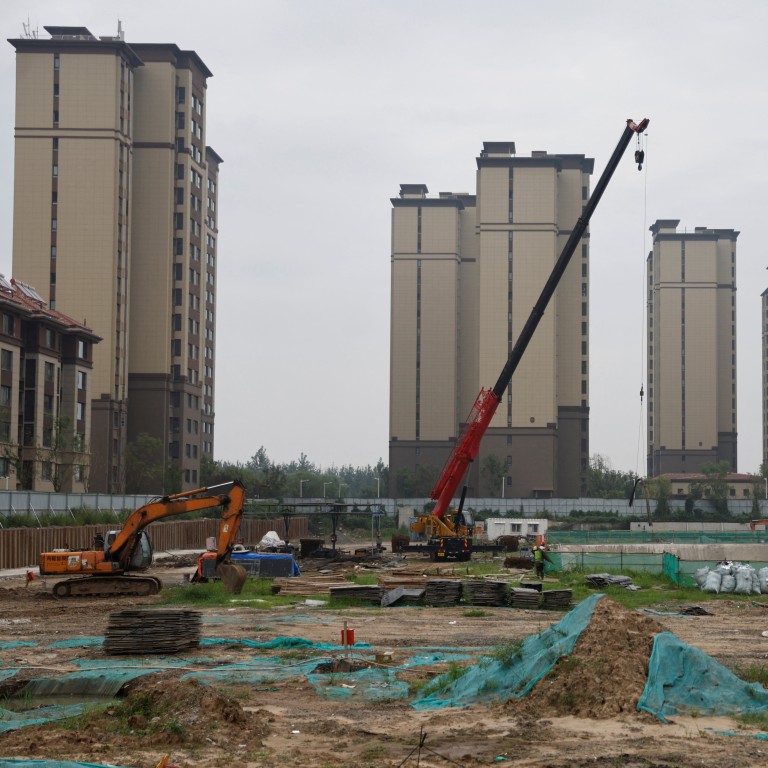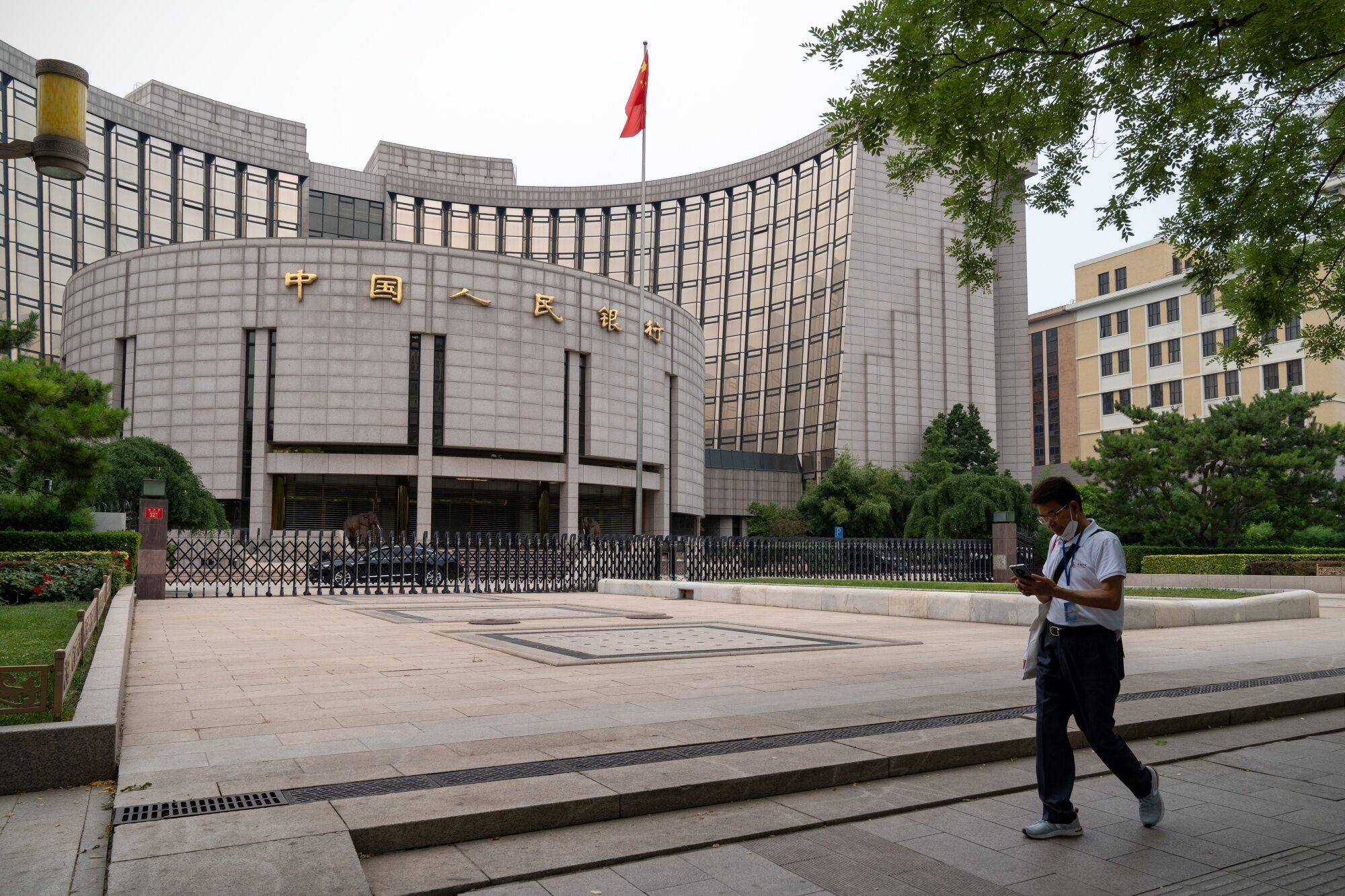
Rate cuts: China’s state banks face margin squeeze as they comply with the call to slash mortgages to aid an ailing property market
- Banks will cut rates on 16 trillion yuan (US$2.2 trillion) of existing loans, helping households save up to 109 billion yuan in interest, ANZ says
- The rate cut will have a tangible impact on bank profit margins, and China’s major lenders are already preparing to reduce deposit rates
Industrial and Commercial Bank of China (ICBC) and Agricultural Bank of China (ABC) cut their deposit rates by between five and 25 basis points, according to their websites.

The impact of the cut will be felt differently across various Chinese cities, due to the complexity of how mortgage rate spreads are set in different locations.
Chinese banks will cut rates on 16 trillion yuan (US$2.2 trillion) of existing first-home loans, helping households save up to 109 billion yuan in interest outlays and total expenditures of 117 billion yuan, about 0.2 per cent of annual household disposable income, according to ANZ Research.
“We expect tier 1 cities’ transactions may rebound, especially following the two tier 1 cities [Guangzhou and Shenzhen] officially announcing easing of mortgage rules,” John Lam, head of China and Hong Kong property at UBS Investment Bank Research, said in a note. “We think it is crucial to watch for secondary transaction and listing data especially in tier 1 cities.”
Country Garden extends bondholders’ vote to avert default
Still, the boost for mortgage demand and home sales is likely to be limited, some analysts said, as the fundamental problem is low consumer confidence in the face of a slowing economy.
“The reduced interest payments will mainly be translated into precautionary savings rather than consumption, because mortgage interest rates above 4 per cent are still too high for households facing a deteriorating job market,” ANZ Research’s senior China strategist Xing Zhaopeng said.
The rate cut will have a tangible impact on banks’ profit margins, which are already preparing to reduce deposit rates by up to 25 basis points starting this month, as reported by local media.
Bank of China, ICBC profit growth tanks as property crisis takes a toll
“A 10-basis-point cut in deposit rates will add 150 billion yuan to profits, which will sufficiently offset the impact of the mortgage rate cut,” ANZ said. “It will be depositors who pay for the cut.”
“State banks will face a larger impact as mortgages form 15 per cent of total assets, compared to 6 per cent for other banks,” wrote Gary Ng, senior economist at Natixis Corporate and Investment Bank. “The result will depend on how low deposit rates and outstanding mortgage rates can fall. If banks cut 50 basis points in mortgage rates, they must cut 20 basis points in time deposit rates to offset the impact.
“The irony is banks will need to bear the costs to a certain degree so that households can have a lower burden,” he said. “Otherwise, consumers will see lower repayment amounts on one hand but even smaller returns from deposits on the other, leading to a negative net effect.”
China’s underwhelming rate cuts aimed to ‘protect bank profit margins’
In another move to stabilise the nation’s financial markets, the Chinese central bank said it will cut financial institutions’ foreign exchange reserve requirement ratio.
Starting on September 15, financial institutions will only need to hold 4 per cent of their foreign exchange in deposits, as opposed to the 6 per cent currently, the PBOC said in a statement on Friday.
“The move is widely expected and should provide short-term support to the yuan,” Becky Liu, head of China macro strategy at Standard Chartered, said in a note. “It aims to lower onshore US dollar funding costs, and alleviate the pressure from a widening [dollar-yuan] interest rate gap, following bolder-than-expected onshore yuan deposit rate cuts.”
“This amount is insignificant by itself, but more important is the signalling impact: such countercyclical measures never come as singular policies, and the move reaffirmed the PBOC’s decisive stance to curb further weakness of the yuan in the foreseeable future,” she said.
The four banks’ property-related non-performing loans totalled 185.7 billion yuan in the first half of 2023, up 3.1 per cent from last December.

